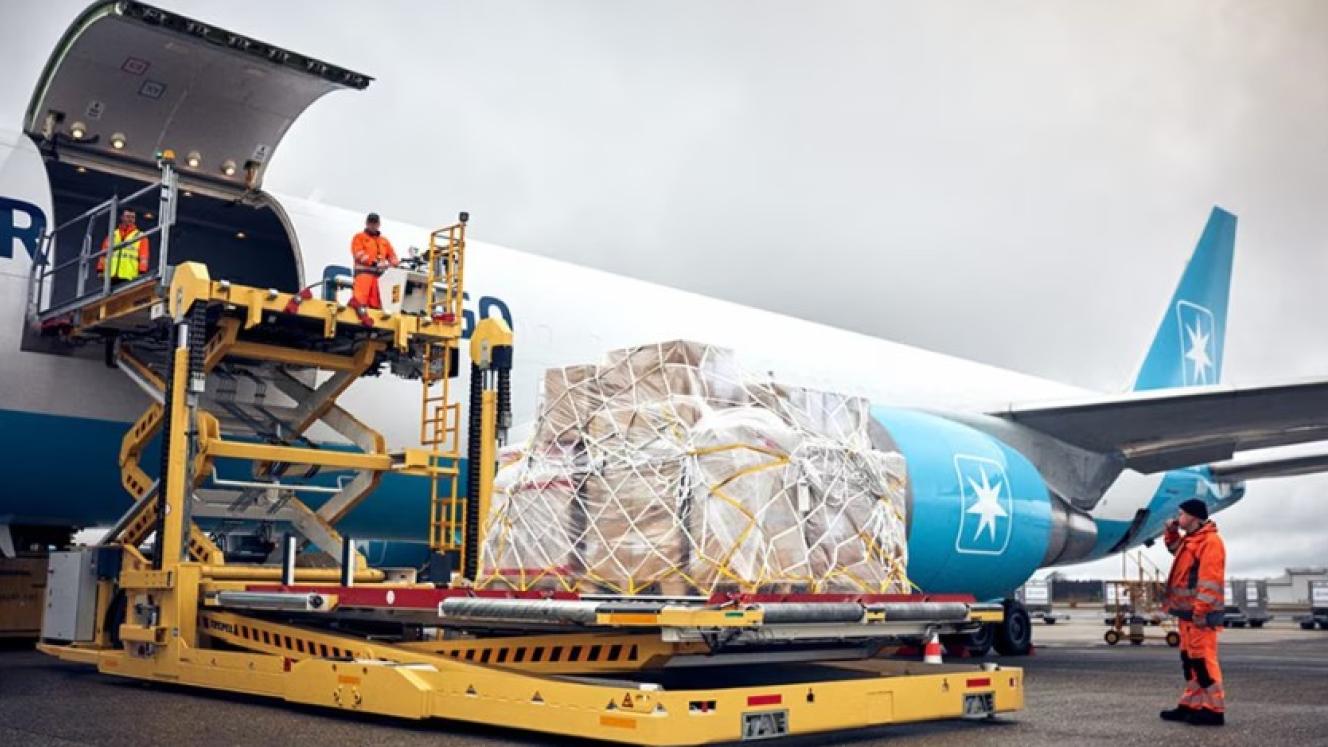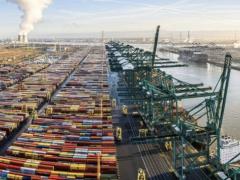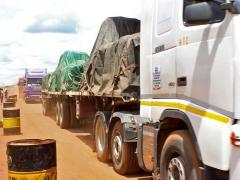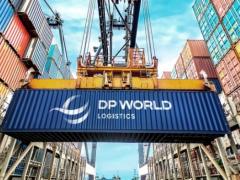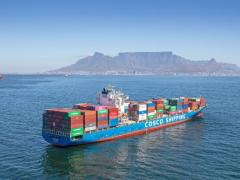The world has only achieved 8.5% of its potential for full digital alignment and cyber transparency, the Organization for Economic Cooperation and Development (OECD) has found in its latest Index of Digital Trade Integration and Openness (Indigo).
The index, compiled by 38 member countries primarily from developed economies, assesses the extent of international commitments and discussions on digital trade across 193 countries during the period from 2000 to 2024.
The latest Indigo report says that while countries like Singapore, Australia and Japan lead with scores around 0.16, many African nations, including Benin, Burkina Faso and Gambia, are significantly behind.
Lagging digital integration levels hinder their participation in global cargo and logistics flows.
South Africa, often flagged for poor port performance, which appears to be fast turning around, stands out as the most digitally integrated country in sub-Saharan Africa, ranking 70th globally.
Despite this, South Africa relies heavily on multilateral agreements through the World Trade Organization (WTO), indicating untapped potential in digital trade to streamline supply chains, improve cargo handling and enhance efficiency in bulk exports.
In response to these challenges, African nations are advancing the African Continental Free Trade Area (AfCFTA) Digital Trade Protocol (DTP), signed in February 2024.
This protocol aims to establish a continent-wide digital trading framework, encompassing cross-border payments, data transfers, logistics standards, digital identities and fintech solutions.
Once fully implemented, the protocol could revolutionise cargo and bulk handling across Africa by enhancing documentation, tracking and customs clearance processes.
As of October 2025, only 25% of Africans are online, leaving much of the continent’s trade and logistics sector operating on outdated, paper-based systems.
Initiatives led by Smart Africa in partnership with GIZ aim to improve connectivity, facilitate access to new markets, and streamline trade in goods ranging from agricultural bulk commodities to manufactured products.
The potential impact is substantial. Studies by the International Finance Corporation and Google estimate that Africa’s digital economy could reach $712 billion by 2050. For the cargo and logistics sector, this could mean faster, more efficient port operations, improved supply chain management and better integration into global trade networks.
For African cargo and bulk handling, embracing digital trade integration is no longer optional, it’s essential. From port operators and freight forwarders to exporters of minerals, grains and industrial goods, digitisation can reduce costs, speed up operations, and ensure Africa’s supply chains are competitive on a global scale, the report says.

